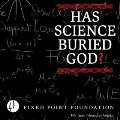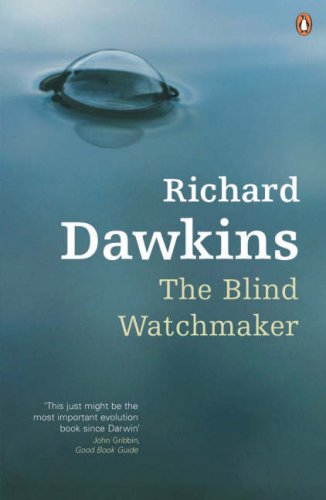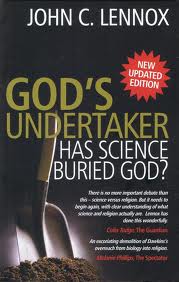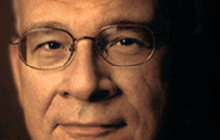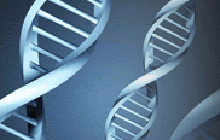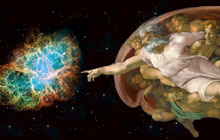To the extent that we follow scientific postulates carefully, science cannot bury a God that it is not able to address. Science speaks to what is observable in the material universe. To go beyond those limits is to leave science and enter philosophy and theology. Philosophy and theology are sciences in themselves, but they address different aspects of the universe: namely, those aspects that are beyond the natural sciences.
Having heard these two men debate this issue at a high level of intellectual expertise, what do you think? Joining one side or the other is not nearly as important as determining how this subject affects your life. The following questions should be considered:
- How are the natural sciences, philosophy, and theology related? How are they distinct?
- If one accepts the premise that science has buried God, how does that change how one lives his life?
- If one maintains a belief in supernatural reality, how does that modify his choices?
- Which forms of authority does each view allow/reject?
For an additional perspective, watch this short video on the question of Darwin and Intelligent Design in the universe:
Finally, consider the immediately practical elements of this course. How well are you able to follow close debate? The material presented above offered a true challenge. Were you able to flow it well? Do you attend such debates in person from time to time? Most universities maintain a debate season of some sort, often bringing in first-rate debate opponents from around the world on various topics. This is an excellent way to further your own development as a thinker and help improve your abilities to follow both sides of a debate. Consider attending local events as you are able.




